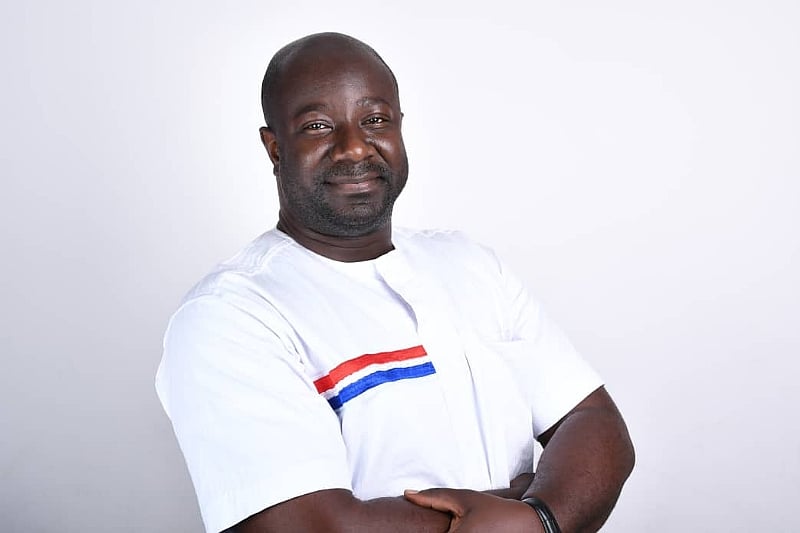Dr. Dickson Adomako Kissi, Member of Parliament for Anyaa Sowutuom, recently contributed to the ongoing discourse surrounding the selection of the Speaker for Ghana’s 9th Parliament. In an interview with GHOne TV, monitored by MyNewsGH, Dr. Kissi advocated for a more inclusive approach to the nomination process, suggesting that the National Democratic Congress (NDC) should have a more prominent voice in determining the Speaker. He drew parallels with the American political system, citing instances where a president-elect’s endorsement played a significant role in speaker selections, thereby legitimizing the involvement of key political figures in the process. Dr. Kissi’s comments reflect the broader debate on balancing tradition, party representation, and individual merit in selecting a figurehead for the legislative body.
Central to Dr. Kissi’s argument is the belief that the NDC’s internal dynamics should be a driving force in the speaker nomination. He proposed that prominent figures within the NDC, such as Haruna Iddrisu or Muntaka Mohammed, should have been considered as potential nominees. By putting forward seasoned parliamentarians with extensive experience and distinct political perspectives, the NDC could have fostered internal debate and ensured a more representative selection process. This approach, according to Dr. Kissi, would not only empower the party’s members but also potentially yield a candidate who deeply understands the party’s agenda and priorities.
While acknowledging the competence and experience of the current Speaker, and recognizing his significant contributions to the NDC, Dr. Kissi stressed the importance of broadening the nomination process to incorporate a wider range of voices from within the party. He believes that while the current Speaker has undoubtedly served the NDC well, a more democratic and participatory selection process would strengthen the party’s internal cohesion and better reflect its diverse perspectives. This perspective suggests that the ideal Speaker should not only possess the necessary skills and experience but also be a product of a robust internal party process, thereby ensuring strong support and alignment with the party’s overall legislative goals.
Dr. Kissi’s perspective adds another layer to the ongoing conversation about the Speakership. He highlights the potential benefits of a more inclusive approach, where the NDC plays a more active role in putting forward potential candidates. By emphasizing the value of internal nominations, he suggests a process that could lead to a Speaker who is not only qualified but also deeply connected to the party’s base and its legislative agenda. This approach, in his view, could foster greater party unity and ensure that the Speaker is effectively representing the interests of the NDC within the parliamentary framework.
The debate surrounding the Speaker’s selection highlights the complex interplay between party politics, individual qualifications, and the need for a neutral arbiter in the legislative process. While the current Speaker’s competence is acknowledged, Dr. Kissi’s call for a more inclusive nomination process reflects the desire for a Speaker who not only possesses the requisite skills and experience but also enjoys strong support from within the party. This perspective suggests that a more democratic and participatory selection process can lead to a Speaker who is perceived as both competent and representative, thereby enhancing the legitimacy and effectiveness of the parliamentary leadership.
Ultimately, the selection of the Speaker is a crucial decision with significant implications for the functioning of Ghana’s Parliament. Dr. Kissi’s contribution to the discussion underscores the importance of balancing various factors: the need for a competent and impartial presiding officer, the importance of party representation, and the value of a democratic and inclusive selection process. By engaging in these discussions, Ghanaian political actors can work towards a system that strengthens parliamentary democracy and ensures that the Speaker effectively serves the interests of both the legislative body and the nation as a whole.














